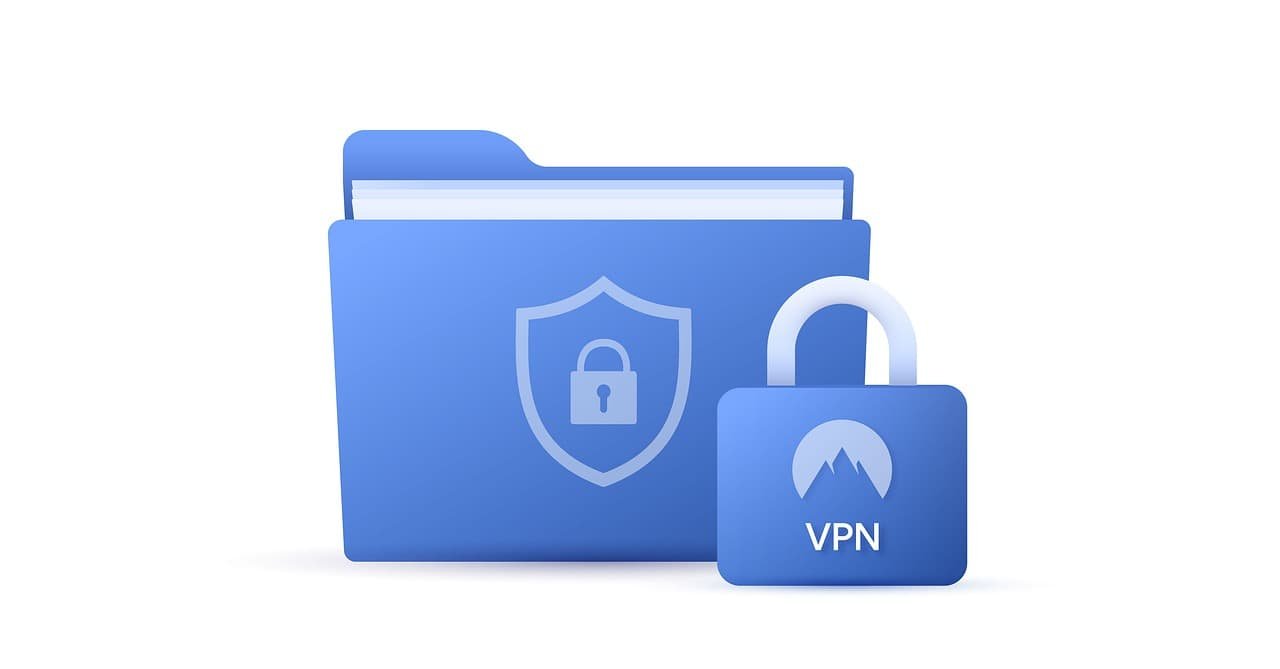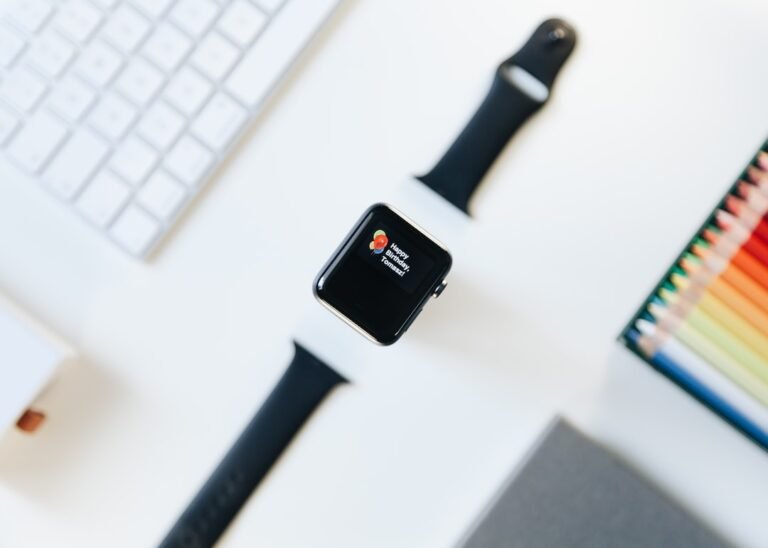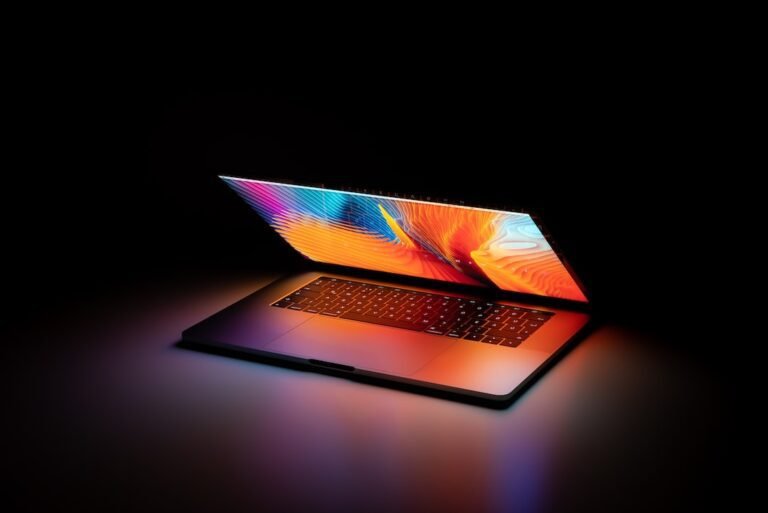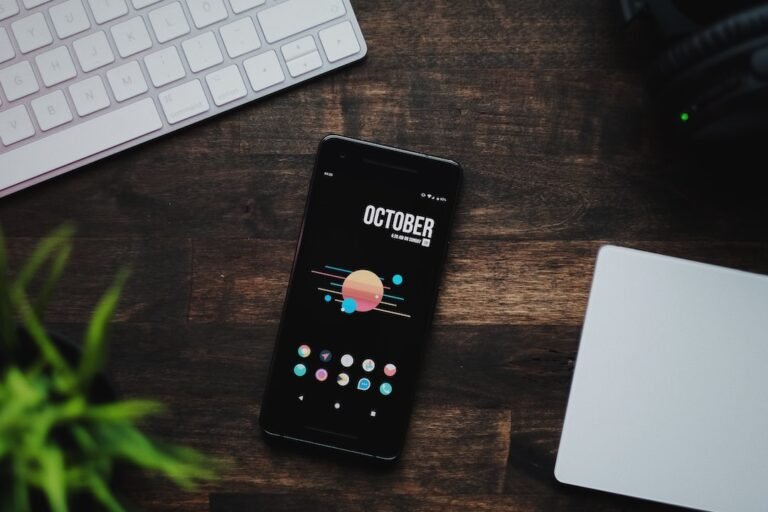Introduction
A Virtual Private Network (VPN) is a technology that creates a secure and encrypted connection over a less secure network, such as the Internet. The growing popularity of VPN services can be attributed to their ability to provide enhanced privacy and security, bypass geo-restrictions, and prevent tracking. Depending on where you live and what you would VPN for, you should ask yourself: Is VPN illegal or is VPN legal? However, the legality of VPN usage is a complex issue that varies globally. This article aims to provide an in-depth understanding of the legal landscape surrounding VPNs.
Key Takeaways
Understanding the Legal Landscape
While using a VPN for legal activities is generally accepted, engaging in illegal activities with a VPN can lead to serious consequences. The regulations governing VPN usage vary significantly across different countries. Key legal considerations for VPN usage include the nature of the activity, the country’s laws and regulations, and the specific terms of service of the VPN provider. So even though using and subscribing to a VPN service might be legal in most Western countries, this doesn’t mean you can use it in trying to hide illegal activities. So, in these cases, the question Is VPN Illegal or Is VPN Legal, has more possible answers.
The Legality of VPNs in Various Countries
The legality of VPN use can vary significantly from one country to another. Here’s a summary table that provides an overview for the question to ask: Is VPN Illegal or Is VPN Legal?
| VPN Status | Countries |
|---|---|
| Illegal or Heavily Restricted | China, Russia, Iran, Iraq, Belarus, Oman, Turkey, United Arab Emirates (UAE), North Korea, Turkmenistan |
| Legal but Government-Approved Only | China, Russia, Türkiye, UAE, India, Iran, Egypt, Uganda |
| Legal | US, UK, and most of Europe |
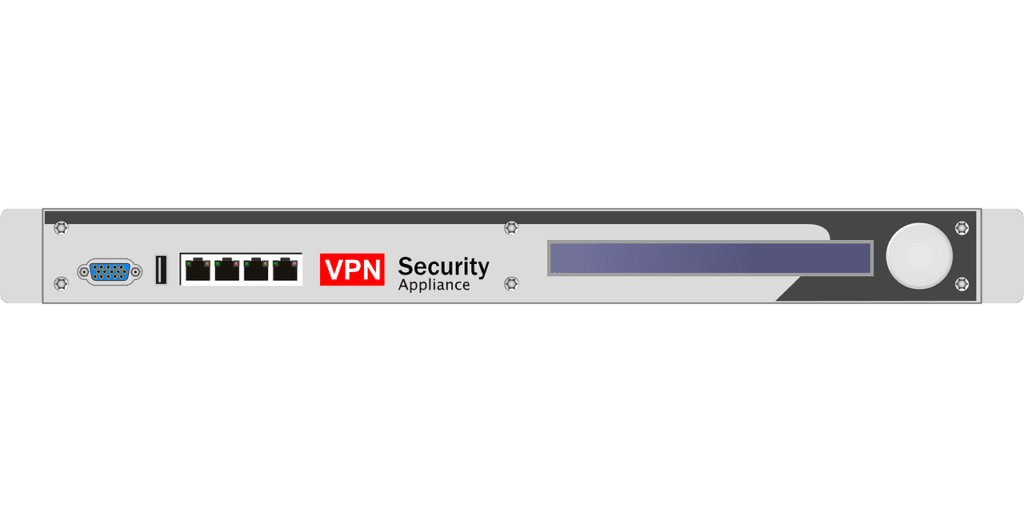
Please note that this is not an exhaustive list and the legal status of VPNs can change. Always check the current laws in your location before using a VPN.
Historical Perspective on VPN Legality
The evolution of VPNs has been met with varying legal responses. Landmark cases have shaped VPN regulations, and legal perceptions of VPNs have shifted over time. For instance, the increasing global concern over privacy and security has led to more widespread acceptance of VPNs.
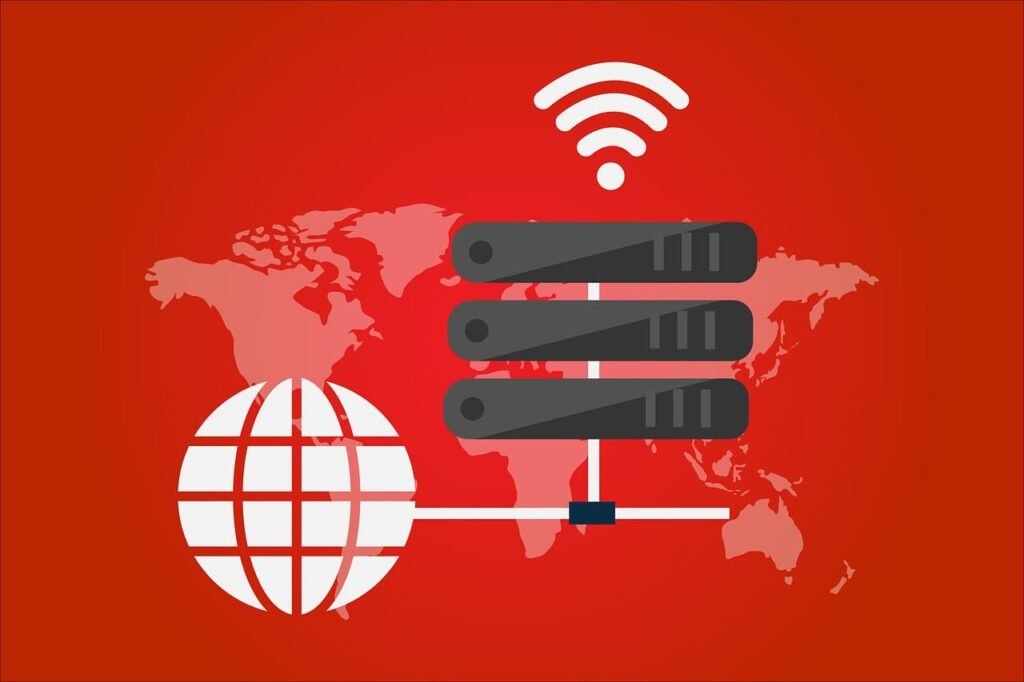
Legal Implications for Individuals
For personal use, VPNs can provide enhanced privacy and security for browsing and streaming. However, it’s important to understand the legal protections and limitations in your specific jurisdiction. Engaging in illegal activities using a VPN can still lead to legal consequences. So the answer to Is VPN Illegal or Is VPN Legal is not easily given in yes and no.
VPN Service Providers and Legal Compliance
VPN providers typically outline the legalities and restrictions of their service in their terms of service. The jurisdiction of the VPN provider can also impact its legal obligations and the privacy protections it can offer. Transparency reports can be a useful tool for assessing a VPN provider’s legal accountability.
Government Surveillance and National Security
Balancing individual privacy with national security is a complex issue. While some legal provisions allow government surveillance, the use of VPNs can provide some level of protection. However, there have been cases of government actions against VPNs, particularly in jurisdictions with strict internet censorship. The location of the VPN server can also impact the level of privacy and security you receive. This is because different countries have different laws and regulations regarding data privacy and surveillance.
Here’s a summary table that provides an overview of international intelligence alliances:
| Intelligence Alliance | Member Countries |
|---|---|
| Five Eyes | US, UK, Australia, New Zealand, Canada |
| Nine Eyes | France, Norway, Denmark, The Netherlands |
| Fourteen Eyes | Belgium, Italy, Germany, Spain, Sweden |
These countries have intelligence-sharing agreements that could potentially impact the privacy of your data. Please note that this is not an exhaustive list and the membership of these alliances can change. Always check the current status before using a VPN.
Challenges in Enforcing VPN Regulations
Enforcing VPN regulations presents several challenges. Technological difficulties in monitoring VPN usage, the cross-border nature of VPNs, and the impact of VPNs on law enforcement strategies all contribute to these challenges.
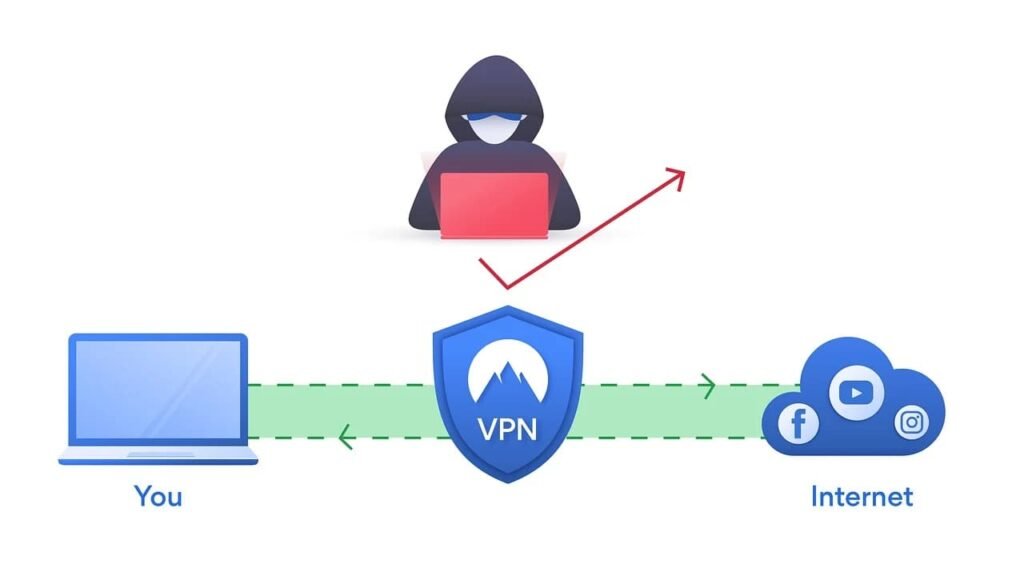
Recommendations for Legal VPN Use
Choosing a reputable VPN service provider and staying informed about legal developments can help ensure you’re using a VPN legally. It’s also important to avoid engaging in illegal activities while using a VPN.
Future Trends in VPN Legality
Emerging technologies and potential changes in global VPN regulations could impact the legality of VPNs in the future. The evolving perspectives on privacy and security will also play a significant role in shaping these trends.
In short: Is VPN Illegal or Is VPN Legal?
This article has provided an in-depth look at the question, “Is VPN illegal or is VPN legal?” The answer largely depends on the specific activities conducted using the VPN, the jurisdiction, and the terms of service of the VPN provider. As the debate continues, it’s crucial to stay informed and use VPNs responsibly.
Further Reading
For further reading on the subject of¨Is VPN Illegal or Is VPN Legal¨, you can refer to these external sources:

